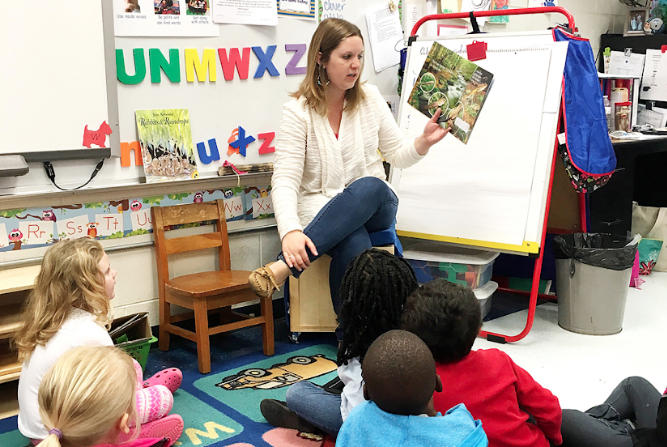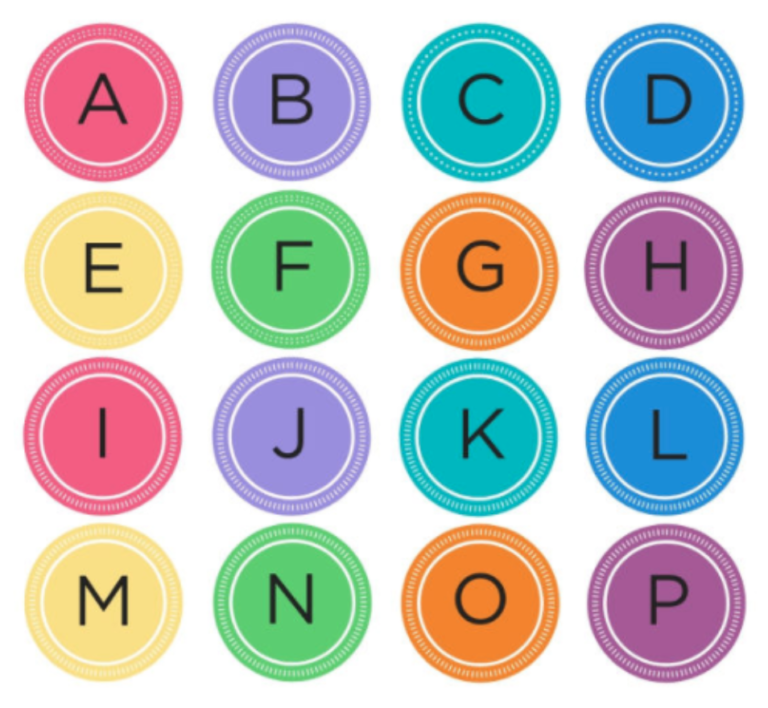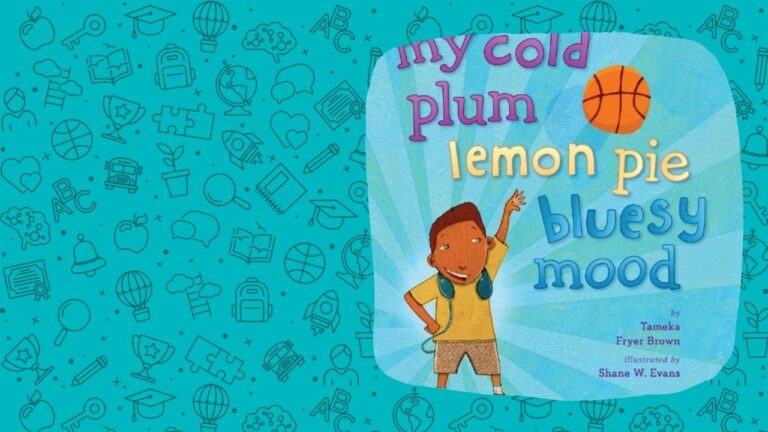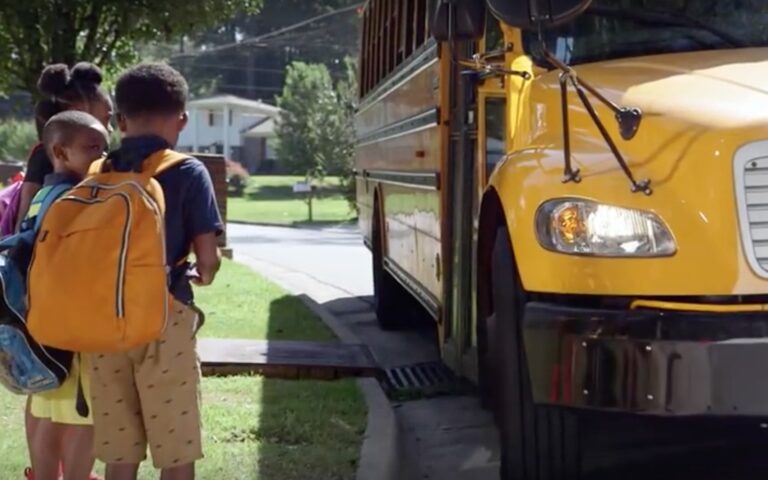Our country’s children are caught in a national illiteracy epidemic. How bad is it? Only 36% of our children will read proficiently by the end of third grade (NAEP). How devastating are its outcomes? Brain science and social science make clear that children who do not have this capacity are at great risk of being denied the “passport” to decide their own destination in life.
The former slave and great abolitionist Frederick Douglass recognized this truth long ago when he said, “Once you learn to read, you will be forever free.” Today, however, the reading proficiency rates are approximately 20% for children caught in the cycle of generational lack of access to educational opportunity.
The awful truth is that this is an epidemic of our own making. As a country, we have too often ignored the research of our nation’s brain and literacy experts on how to end this crisis. At other times, we have applied their research with imprecision or in pursuit of incremental change when millions of our children are paying an unconscionable price for our refusal to summon our collective will to end it now.
If the United States were facing a medical epidemic with life-stunting consequences for children – with a known vaccine that was sitting on the shelf to which a fraction of the nation’s children had access and its distribution was based on zip code, race, and ethnicity – we would not tolerate that result for one minute. That is not who we are as a country.
Now for the great news. All over the United States, an unprecedented number of public–private partnerships, philanthropies, thought leaders, and dedicated individuals have come together to say “enough is enough.” Most importantly there are hundreds of thousands of teachers waiting to be empowered with the job description, training, and authority to make the difference that brought them to the classroom in the first place – “to liberate the goodness and genius of children” – Stephanie Pace Marshall.
As a result of the generosity of the James M. Cox Foundation and other philanthropies and our partnerships with over 100 organizations committed to the same purpose, the Cox Campus ensures with its free, universally accessible online training that the ability to make such a difference is within the reach of every teacher in our state and across the county.



